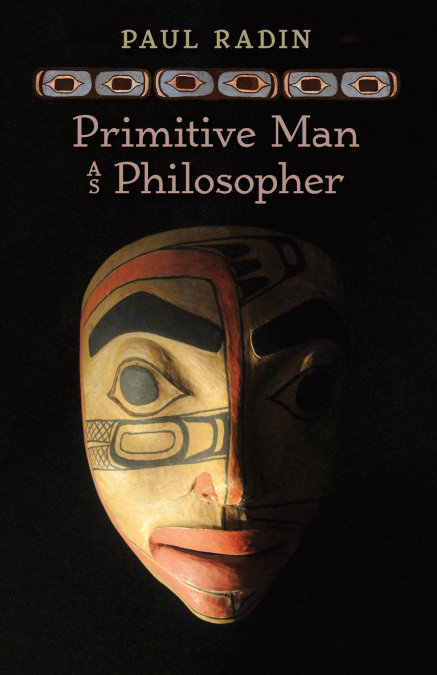
Paul Radin
First published in 1927, Primitive Man as Philosopher represents a landmark in early anthropological studies. In this work, Paul Radin demonstrates the problematic nature of distinguishing between 'primitive' and 'civilized' cultures. He traces such ideas as the nature of Goodness and Truth, the meaning of life, and the reality of death across various cultures, highlighting how in many ways primitive cultures are just as sophisticated in their intellectual and moral perspectives as purportedly more 'advanced' civilizations. While some may be tempted to view Radin’s thesis as a continuation of the Romantic myth of the 'noble savage,' he rejects this idea as essentially undeveloped. In addition to methodically articulating his argument, Radin also finds space to enrich his prose with a bountiful selection of stories, myths, poems, and proverbs, cementing Primitive Man as Philosopher as both an important contribution to anthropology and a splendid anthology in its own right.